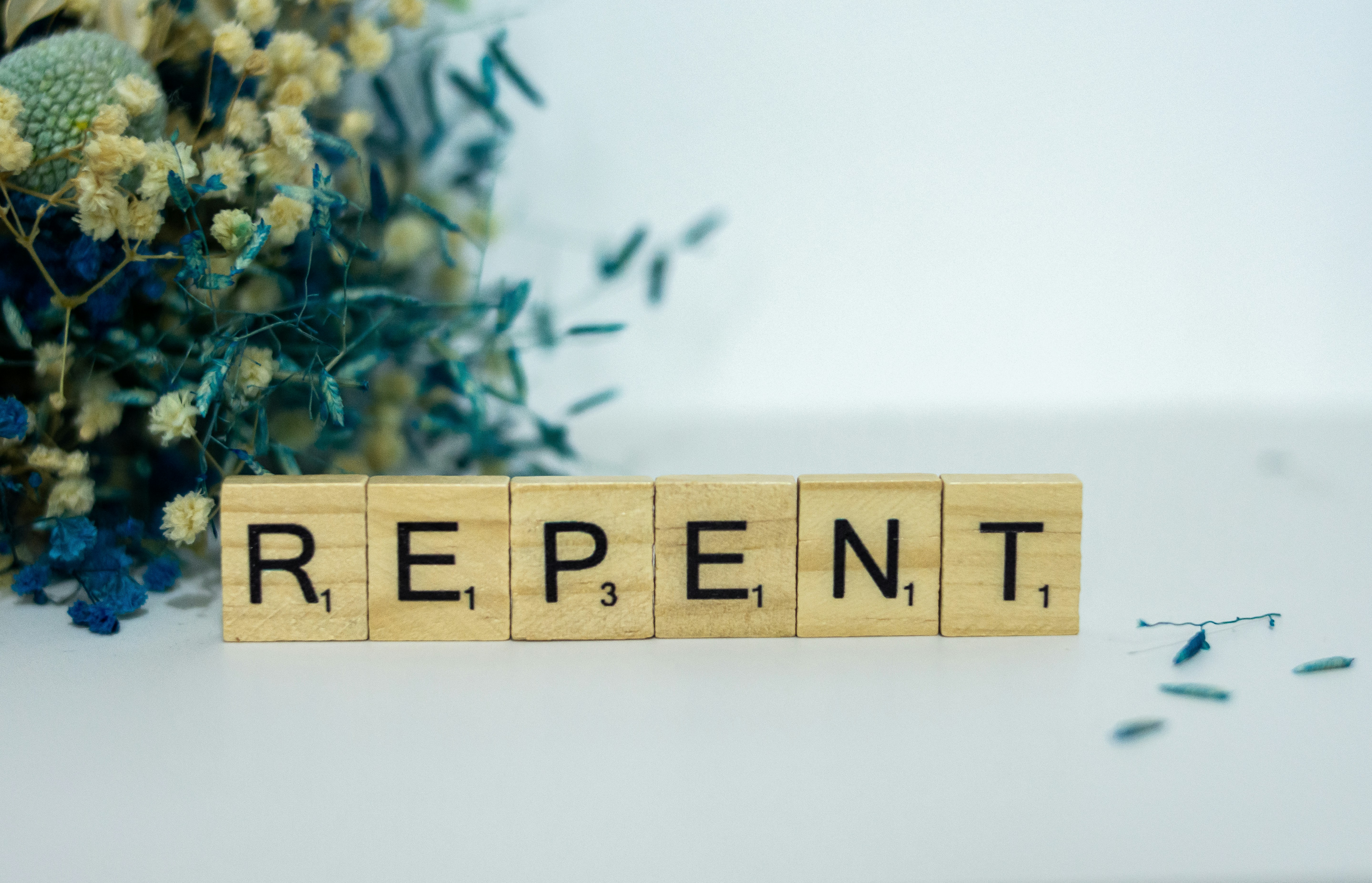Today we bow down before a great mystery: the Incarnation. The simple words of the Gospel convey a Truth that would be unbelievable if it were not revealed to us so clearly. This mysterious truth is that the omnipotent, infinite God leapt down from the heavenly throne (Wisdom 18:15) and became man within the womb of a young virgin in an obscure village, in order to set us free for life in Him forever.
Gabriel’s announcement expresses something and someone absolutely unique: the Davidic King whose reign will have no end, the Messiah who will save humankind from their sin, the One who will fulfill every prophecy about the House of Jacob, will be conceived by this grace-filled virgin.
The very Word of God will become flesh to dwell among us (Jn 1:14).
How? Invisible to human eyes, the Holy Spirit will come upon this young girl, and she will be overshadowed by the power of the Most High – a power that does things that seem impossible to us, but that does not annihilate us. A gentle omnipotence, ever working with mighty calm to save us, heal us, set us free, and draw us into His love and life.
Mary, “full of grace” from her own conception, understands her role in God’s plan of salvation. In the name of and for the sake of all humanity, her heart – bursting with love and humility and desire for all to be saved and for God’s will to be done in all things – says yes to this plan and all it will demand of her. She cannot see all the details, but she knows the Scriptures well enough to know that it will cost her much to be the mother of the Suffering Servant who comes to save us. But she cannot say no to the One her heart loves.
Her courageous and generous “yes” reversed Eve’s selfward “no” and opened the way for Christ to undo all the damage done by Original Sin. Her yes was spoken for all of humanity, to make it possible for each and every person to be set free from the ancient curse of sin and death. As we hear her humble fiat, we rejoice that God keeps His Promises, that Mary is the Mother of God and our Mother, and that Jesus came to save us.
Let us ask Mary, the perfect model of complete openness and the one who gives a ready “yes” to whatever the Spirit moves within her, to go before the Throne of Grace and intercede for us, that we too might give our courageous and generous “yes” to whatever God asks of us.
Hoy nos inclinamos ante un gran misterio: la Encarnación. Las sencillas palabras del Evangelio nos transmiten una Verdad que sería increíble si no nos fuera revelada con tanta claridad. Esta misteriosa verdad es que el Dios omnipotente e infinito descendió del trono celestial (Sb 18,15) y se hizo hombre en el seno de una joven virgen en un pueblo oscuro, para liberarnos para poder vivir con Él para siempre.
El anuncio de Gabriel expresa algo y alguien absolutamente único: el Rey davídico cuyo reinado no tendrá fin, el Mesías que salvará a la humanidad de su pecado, Aquel que cumplirá todas las profecías sobre la Casa de Jacob, será concebido por esta virgen llena de gracia.
El mismo Verbo de Dios se hará carne para habitar entre nosotros (Jn 1,14).
¿Cómo? Invisible a los ojos humanos, el Espíritu Santo descenderá sobre esta jovencita, y será cubierta por el poder del Altísimo, un poder que hace cosas que a nosotros nos parecen imposibles, pero que no nos aniquila. Una omnipotencia dulce, que siempre trabaja con poderosa calma para salvarnos, sanarnos, liberarnos y atraernos hacia su amor y su vida.
María, “llena de gracia” desde su propia concepción, comprende su papel en el plan de salvación de Dios. En nombre de y por el bien de toda la humanidad, su corazón – rebosante de amor, humildad y deseo de que todos se salven y de que se haga la voluntad de Dios en todas las cosas – dice sí a este plan y a todo lo que le exigirá. No puede ver todos los detalles, pero conoce las Escrituras lo suficiente como para saber que le costará mucho ser la madre del Siervo Sufriente que viene a salvarnos. Pero no puede decir no a Aquel que su corazón ama.
Su valiente y generoso “sí” revirtió el “no” egoísta de Eva y abrió el camino para que Cristo deshiciera todo el daño causado por el pecado original. Su sí fue pronunciado para toda la humanidad, para hacer posible que cada persona sea liberada de la antigua maldición del pecado y la muerte. Al escuchar su humilde fiat, nos regocijamos de que Dios cumpla sus promesas, de que María sea la Madre de Dios y Madre nuestra, y de que Jesús haya venido a salvarnos.
Pidamos a María, modelo perfecto de apertura total y la que da un “sí” inmediato a todo lo que el Espíritu mueve dentro de ella, que vaya ante el Trono de la Gracia e interceda por nosotros, para que también nosotros podamos dar nuestro valiente y generoso “sí” a todo lo que Dios nos pida.
 Kathryn Mulderink, MA, is married to Robert, Station Manager for Holy Family Radio. Together they have seven children (including Father Rob), and eleven grandchildren. She is President of the local community of Secular Discalced Carmelites and has published five books and many articles. Over the last 30 years, she has worked as a teacher, headmistress, catechist, Pastoral Associate, and DRE, and as a writer and voice talent for Catholic Radio. Currently, she serves the Church by writing and speaking, and by collaborating with various parishes and to lead others to encounter Christ and engage their faith. Her website is www.KathrynTherese.com
Kathryn Mulderink, MA, is married to Robert, Station Manager for Holy Family Radio. Together they have seven children (including Father Rob), and eleven grandchildren. She is President of the local community of Secular Discalced Carmelites and has published five books and many articles. Over the last 30 years, she has worked as a teacher, headmistress, catechist, Pastoral Associate, and DRE, and as a writer and voice talent for Catholic Radio. Currently, she serves the Church by writing and speaking, and by collaborating with various parishes and to lead others to encounter Christ and engage their faith. Her website is www.KathrynTherese.com
Feature Image Credit: RDNE Stock project, pexels.com/photo/stained-glass-mural-inside-the-church-8675093/
The views and opinions expressed in the Inspiration Daily blog are solely those of the original authors and contributors. These views and opinions do not necessarily represent those of Diocesan, the Diocesan staff, or other contributors to this blog.
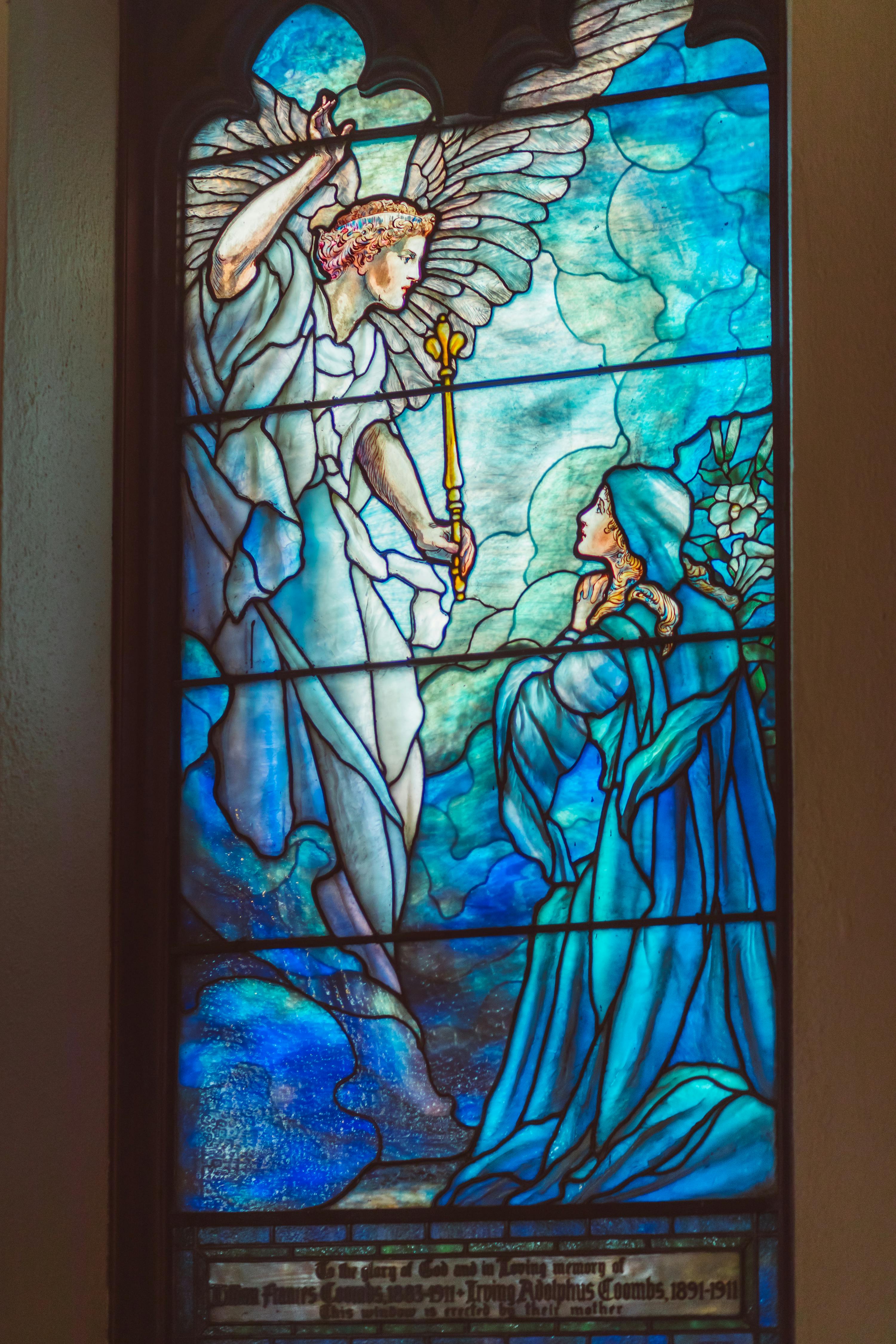
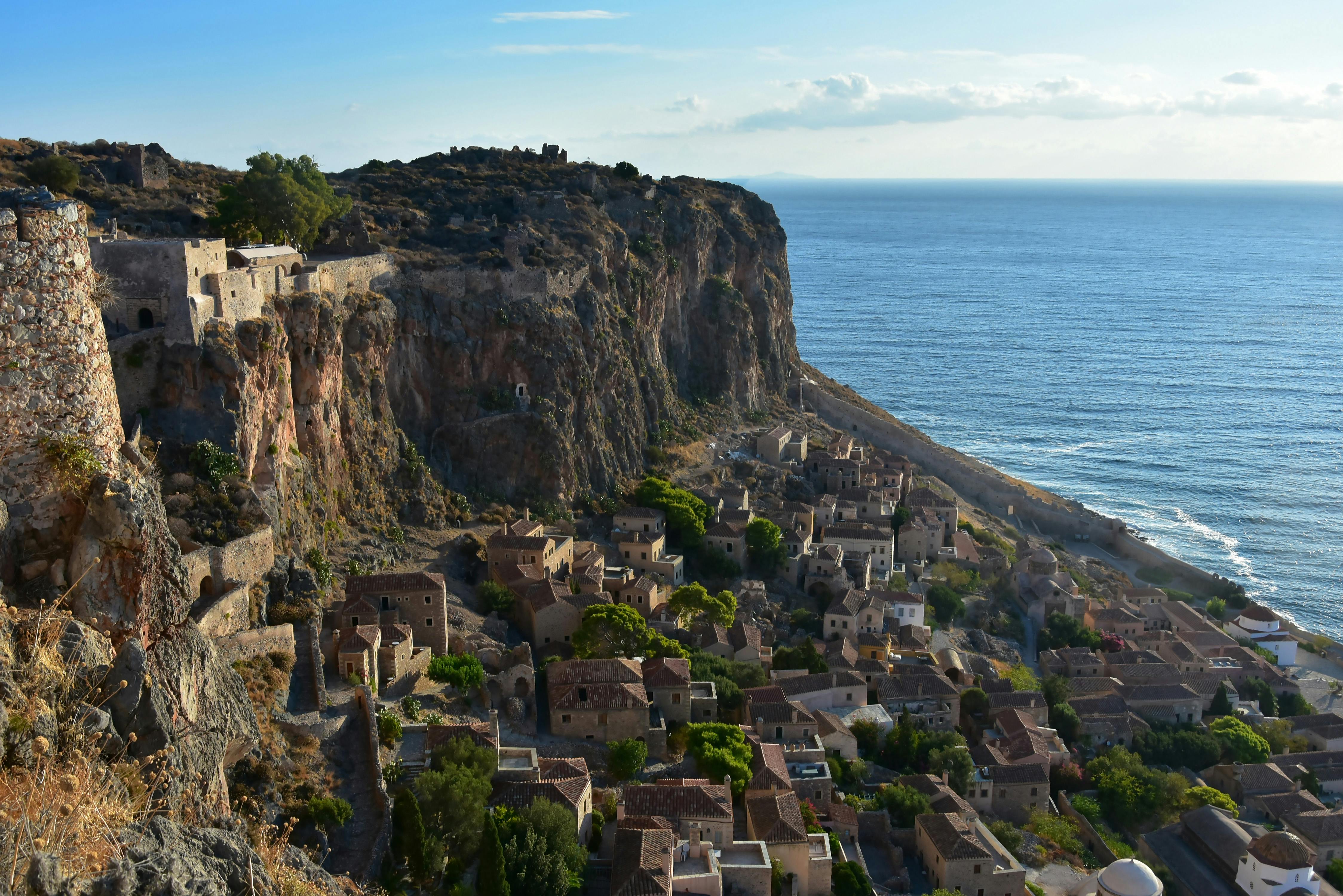
 Pamela Kavanaugh is a grateful wife, mother, and grandmother who has dedicated her professional life to Catholic education. Though she has done her very best to teach her students well in the subjects of language and religion, she knows that she has learned more than she has taught. She lives, teaches, and writes in southwest suburban Chicago.
Pamela Kavanaugh is a grateful wife, mother, and grandmother who has dedicated her professional life to Catholic education. Though she has done her very best to teach her students well in the subjects of language and religion, she knows that she has learned more than she has taught. She lives, teaches, and writes in southwest suburban Chicago.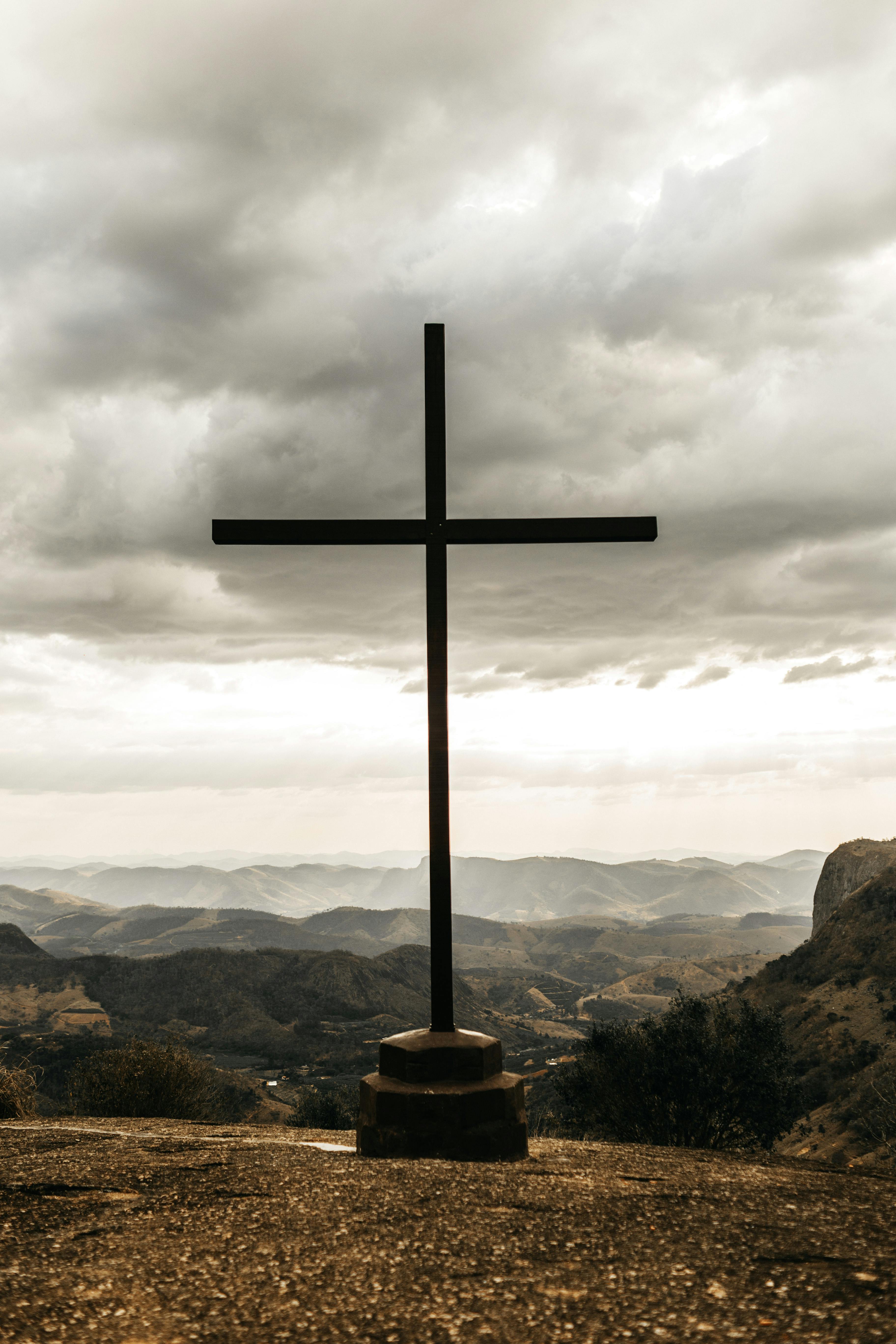
 Ben Hooper is originally from Maryland, having been adopted from Korea and growing up in the Catholic faith. He went to Franciscan University to dive deeper into his faith and eventually graduated with a degree in Business Management. He loves musical theater, sports, spending time with his fiancé Lily and their dog Kolbe.
Ben Hooper is originally from Maryland, having been adopted from Korea and growing up in the Catholic faith. He went to Franciscan University to dive deeper into his faith and eventually graduated with a degree in Business Management. He loves musical theater, sports, spending time with his fiancé Lily and their dog Kolbe.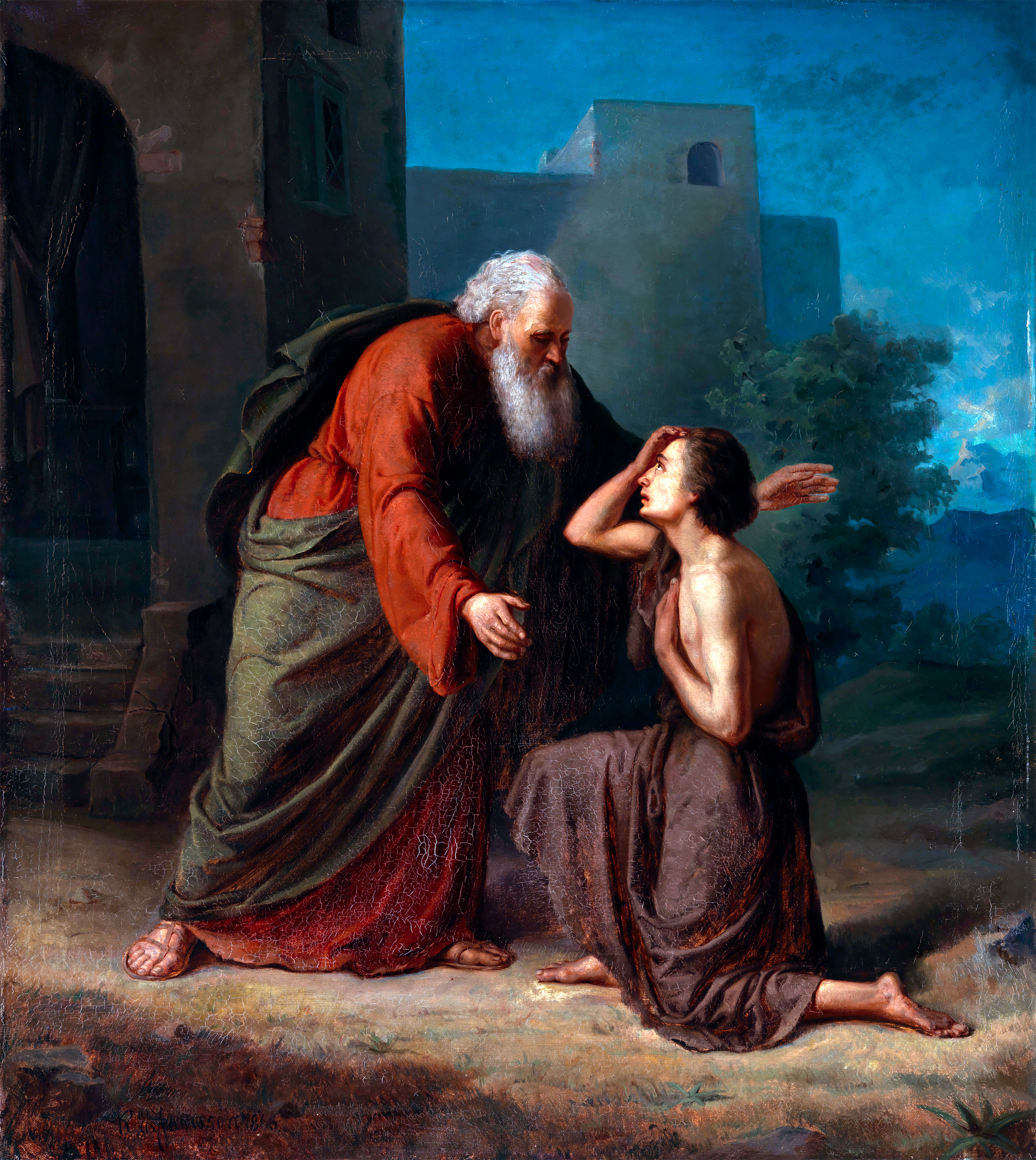
 Nicole Berlucchi is a faith and family blogger (
Nicole Berlucchi is a faith and family blogger (
 Merridith Frediani loves words and is delighted by good sentences. She also loves Lake Michigan, dahlias, the first sip of hot coffee in the morning, millennials, and playing Sheepshead with her husband and three kids. She writes for Catholic Mom, Diocesan.com, and her local Catholic Herald. Her first book Draw Close to Jesus: A Woman’s Guide to Adoration is available at Our Sunday Visitor and Amazon. You can learn more at
Merridith Frediani loves words and is delighted by good sentences. She also loves Lake Michigan, dahlias, the first sip of hot coffee in the morning, millennials, and playing Sheepshead with her husband and three kids. She writes for Catholic Mom, Diocesan.com, and her local Catholic Herald. Her first book Draw Close to Jesus: A Woman’s Guide to Adoration is available at Our Sunday Visitor and Amazon. You can learn more at 
 Deanna G. Bartalini, M.Ed.; M.P.A., is a certified spiritual director, writer, speaker and content creator. The
Deanna G. Bartalini, M.Ed.; M.P.A., is a certified spiritual director, writer, speaker and content creator. The 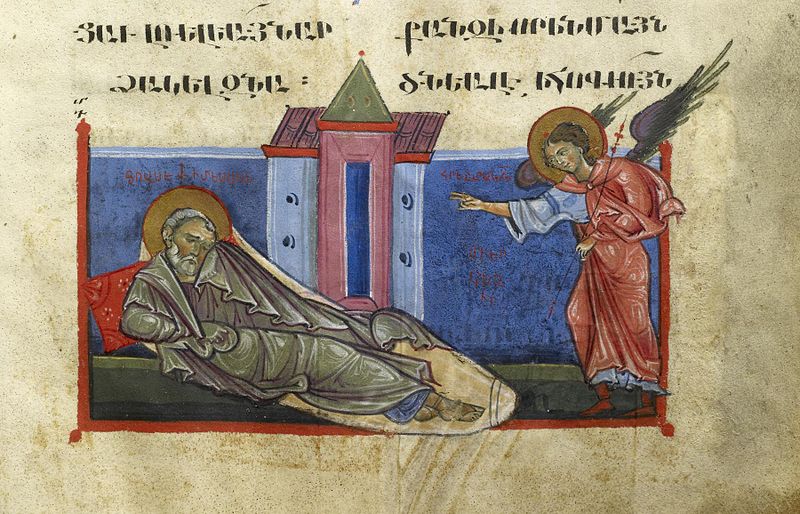

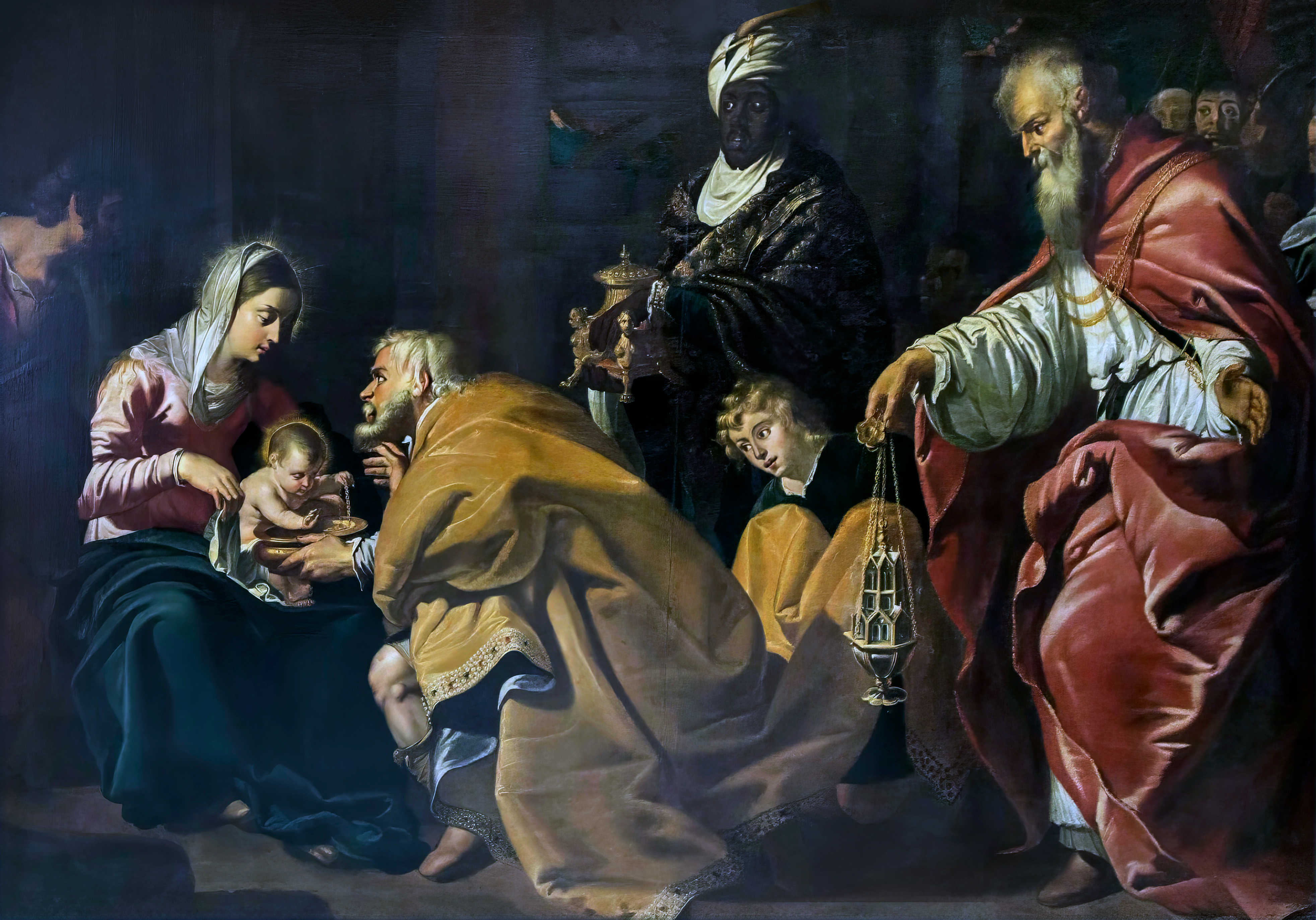
 Former NPS Park Ranger, Catholic educator, and Youth Minister, Melissa Lucca now spends her days evangelizing family and neighbors as a stay-at-home mom. She holds an MA in Theology from the Augustine Institute and pursues personal study in her spare time. Melissa loves Ignatian Spirituality, Mother Mary, and rock climbing. If you don’t hear her and her kiddo laughing at home, then they are probably out on an adventure!
Former NPS Park Ranger, Catholic educator, and Youth Minister, Melissa Lucca now spends her days evangelizing family and neighbors as a stay-at-home mom. She holds an MA in Theology from the Augustine Institute and pursues personal study in her spare time. Melissa loves Ignatian Spirituality, Mother Mary, and rock climbing. If you don’t hear her and her kiddo laughing at home, then they are probably out on an adventure!
 Mike Karpus is a regular guy. He grew up in Michigan’s Upper Peninsula, graduated from Michigan State University and works as an editor. He is married to a Catholic school principal, raised two daughters who became Catholic school teachers at points in their careers, and now relishes his two grandchildren, including the older one who is fascinated with learning about his faith. He also has served on a Catholic school board, a pastoral council and a parish stewardship committee. He currently is a lector at Mass, a Knight of Columbus, Adult Faith Formation Committee member and a board member of the local Habitat for Humanity organization. But mostly he’s a regular guy.
Mike Karpus is a regular guy. He grew up in Michigan’s Upper Peninsula, graduated from Michigan State University and works as an editor. He is married to a Catholic school principal, raised two daughters who became Catholic school teachers at points in their careers, and now relishes his two grandchildren, including the older one who is fascinated with learning about his faith. He also has served on a Catholic school board, a pastoral council and a parish stewardship committee. He currently is a lector at Mass, a Knight of Columbus, Adult Faith Formation Committee member and a board member of the local Habitat for Humanity organization. But mostly he’s a regular guy.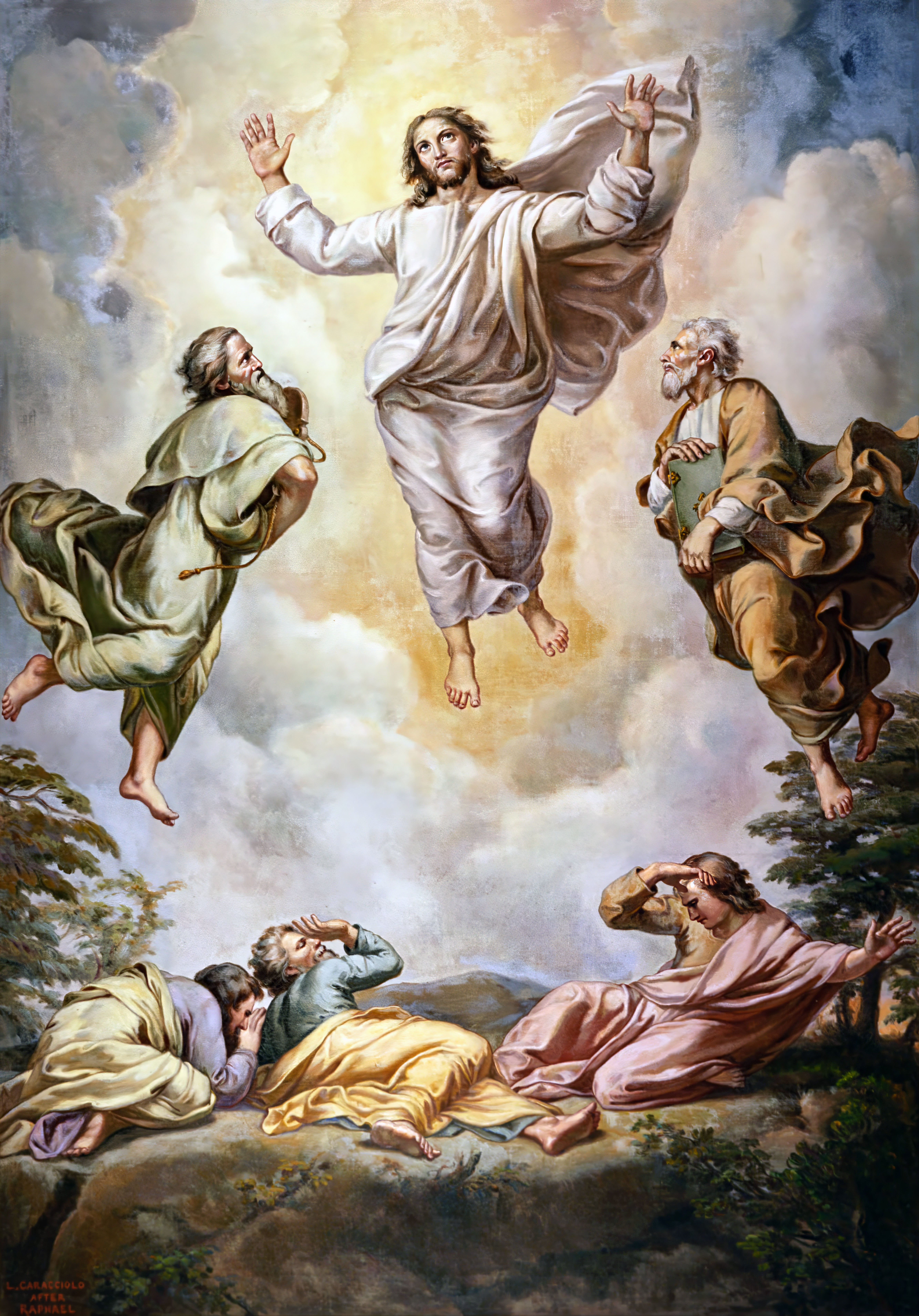
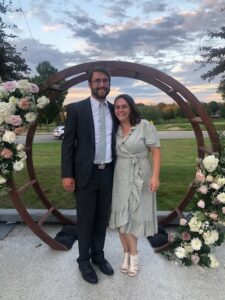 Heather Orlowski and her husband are busy parents of three little girls. The Catholic Church holds a special place in her heart and in her entire life. She attended Catholic schools from Kindergarten through college. She graduated from Aquinas College with a degree in Elementary/Special Education. Catholic Education is very important to her and she now teaches 1st and 2nd grades at St. Therese Catholic School. In her free time, she loves creating memories with her family and watching her little girls play soccer.
Heather Orlowski and her husband are busy parents of three little girls. The Catholic Church holds a special place in her heart and in her entire life. She attended Catholic schools from Kindergarten through college. She graduated from Aquinas College with a degree in Elementary/Special Education. Catholic Education is very important to her and she now teaches 1st and 2nd grades at St. Therese Catholic School. In her free time, she loves creating memories with her family and watching her little girls play soccer. 
 Hailing from Nashville, Catherine is a graduate of Christendom College with a lifelong passion for words. Her love of writing and her Catholic Faith continue to shape her as a freelance editor, copywriter, and (aspiring) novelist, where she pursues her passions for the love and greater glory of God.
Hailing from Nashville, Catherine is a graduate of Christendom College with a lifelong passion for words. Her love of writing and her Catholic Faith continue to shape her as a freelance editor, copywriter, and (aspiring) novelist, where she pursues her passions for the love and greater glory of God.